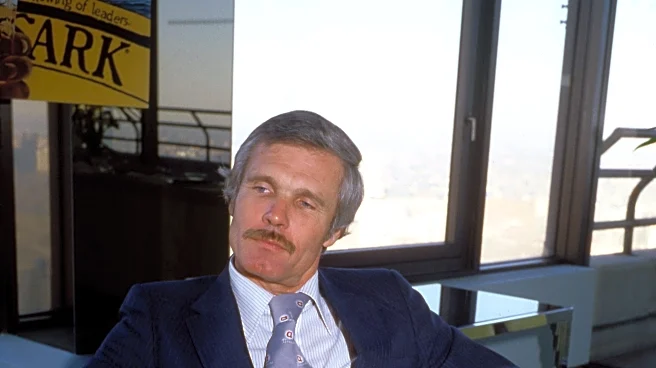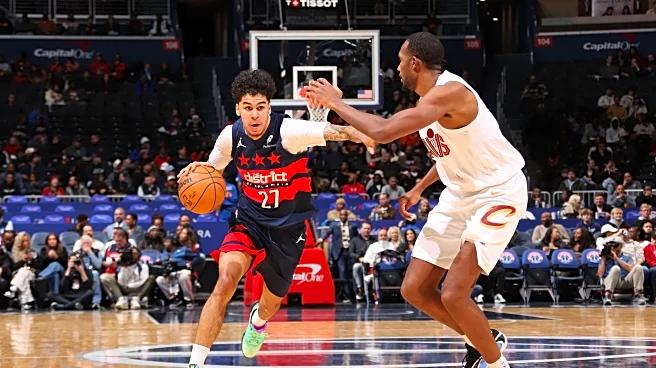Before we jump into the transformation in 1976, when Ted Turner signed a deal to broadcast Braves baseball nationally, it’s important to first understand how it all started.
Beginning in 1966, the Milwaukee Braves franchise was transferred to Atlanta. Although the franchise initially thrived after moving from Boston to Wisconsin, attendance began to decline around 1962, creating a domino effect that led to financial struggles.
Talks of relocation from Milwaukee intensified following new ownership, with both the team president and franchise staff expressing interest in moving. This sparked concern among Milwaukee government officials and county supervisors, who attempted to file lawsuits for any possible violations in order to retain the franchise. By 1965, it became clear that a final decision on the team’s relocation was imminent.
In 1966, the move to Atlanta was confirmed. The fanbase grew significantly for several years, but due to poor on-field performance, attendance once again dropped — opening the door for a young advertising executive to work his magic.
Cincinnati, Ohio native Robert Edward Turner III — or Ted, as he was known from a young age — went from assistant manager of his father’s business, Turner Advertising, to CEO after his father’s death by suicide, which was linked to stress and health issues. Ted also inherited the company’s debt, accumulated from buying out its competitors.
After stabilizing the business and transforming it into the largest billboard company in the Southeast, Turner recognized the growing potential of television and radio broadcasting. He purchased several radio stations and eventually invested in a declining ultra-high frequency (UHF) station in Atlanta.
Renaming his firm Turner Communications Group (WTCG), he expanded the company by acquiring numerous broadcasting rights and assets to reach wider audiences.
Following the launch of the Radio Corporation of America (RCA) SATCOM II communications satellite, Turner figured out how to broadcast his channel to cable networks across the United States. He also secured the broadcasting rights to Braves games from Atlanta-based media giant Cox Enterprises by offering the team’s ownership group $600,000 for the rights to air 60 games per year for the next five years — tripling the previous deal.
Turner not only expanded his vision across cable and sports broadcasting but also saved the Braves franchise from another relocation due to declining on-field performance. He transformed the way fans watched baseball, turning a local team into a nationwide brand and reshaping how cable television is viewed today. This national exposure earned the Braves the nickname “America’s Team,” thanks to their accessibility on Turner’s network.
Turner Sports Broadcaster Ernie Johnson reflected on the phenomenon that swept the nation’s networks telling sportsvideo.org:
“When the superstation came along, no matter where you went, you’d hear, ‘Hey, we watch the games all of the time — in Idaho.’”
A few years later, Turner bought the team outright in 1976 and added the Atlanta Hawks to his broadcasts in 1977. In 1978, WTCG became WTBS — Turner Broadcasting System — known as a “superstation.”
The Atlanta Braves then became the first professional sports franchise whose games were available to viewers nationwide.










